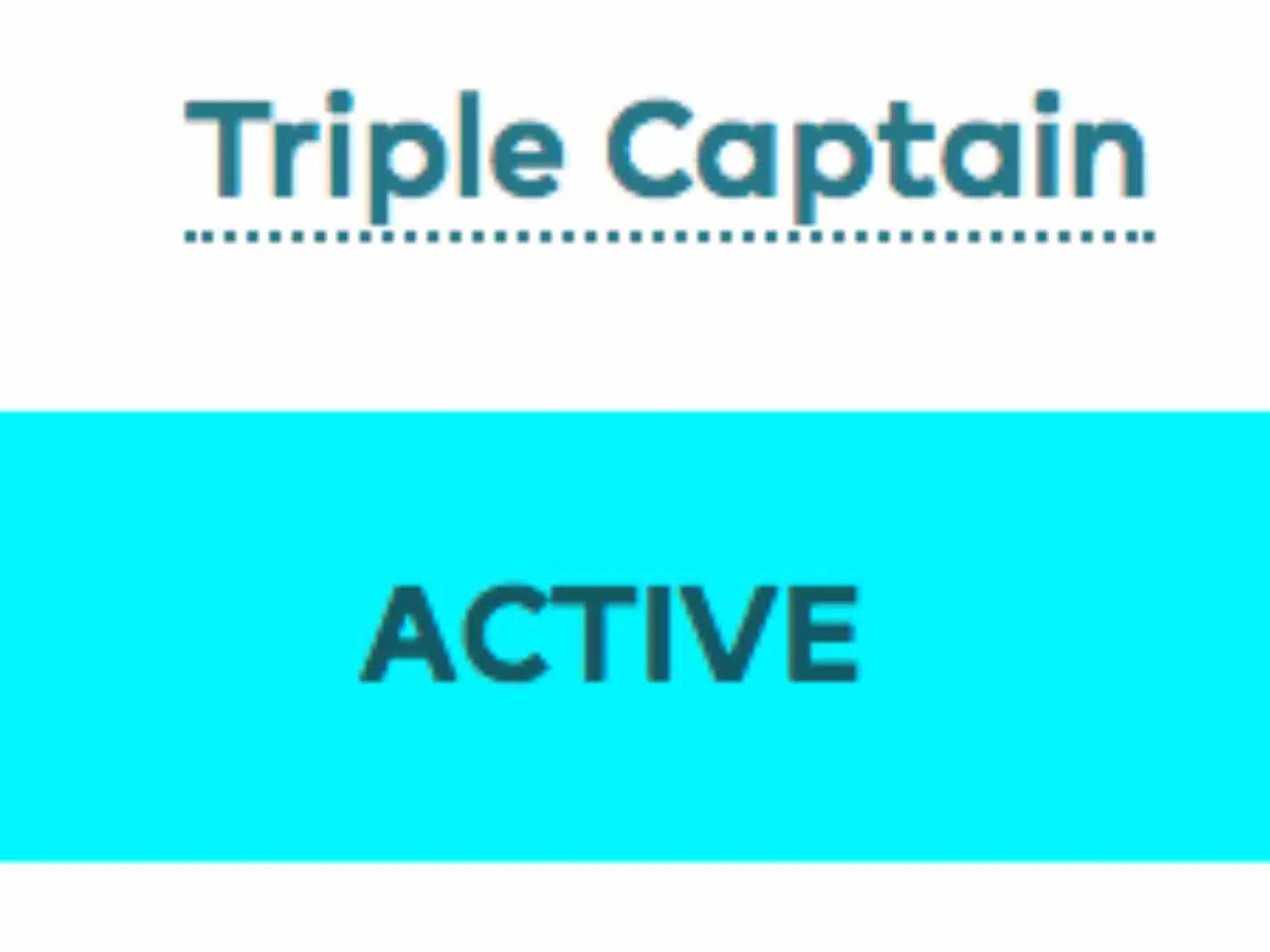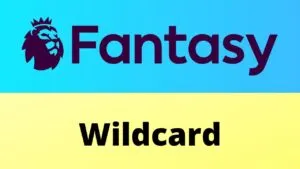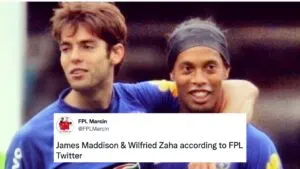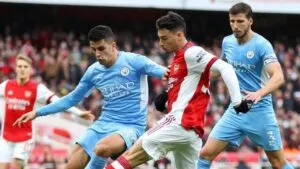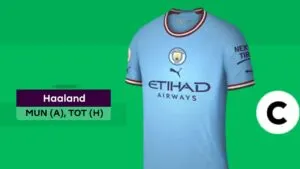We have reached the halfway point in the Premier League and with the winter transfer window shutting just a couple of days ago, all PL clubs barring Everton have made additions to their squads.
The second half will see most teams field a different starting XI owing to the changes in the window, and this is also the time when activity on Fantasy premier league frantically increases.
The second wildcard chip has now been activated, meaning managers can make unlimited transfers to their team when they use the chip for a given gameweek.
Due to scheduling pressures before the window, like the World Cup break or the demise of the monarch, there is also a backlog of fixtures, meaning there will be at least one double gameweek (DGW) soon.
DGW is usually the best time to play one of the two chips in Bench Boost and Triple Captain.
In this article, we go deeper and explore more about one of these chips: Triple Captain
What does a Triple Captain do in PL fantasy?
Where are you with triple captain?
— Harry (@FPL_Harry) January 28, 2023
The FPL Triple Captain chip is a tool available to fantasy managers that allows them to triple the captain’s points in a specific gameweek.
In FPL, each manager selects a squad of 15 players and assigns one of them as the captain, who receives double points.
With the Triple Captain chip, a manager can boost the captain’s points by three times, giving them the potential to earn a significant number of points in a single gameweek.
How many Triple Captains can you use in FPL?
Like the other two chips (Bench Boost and Free Hit), the TC chip can also be used only once per season, making the timing of the usage extremely crucial.
Managers need to carefully consider factors such as fixtures, form, and injury news when making their decision.
Does Triple Captain expire?
The chip is eligible to be used at the beginning of the season and stays that until activated and used, after which, the manager cannot activate it again.
However, it is possible to deactivate and cancel the chip before the gameweek starts. If done so, the TC chip can be used later.
There is no expiry date for the chip, and the manager can use it anytime from GW1 to GW38, or not at all if he/she wishes to.
What if my Triple Captain does not play?
If the player triple captained does not feature in the match at all, the normal captaincy rules are followed. This means that the vice-captain chosen will be given the 3x bonus.
In the unfortunate case that the VC also does not play, the chip is wasted and cannot be used again.
What Gameweek to use a triple captain?
When using the Triple Captain chip, managers should aim to select a player who is likely to play a full 90 minutes, as substituted players will not receive any points.
Additionally, managers should look for players who are involved in attacking play, such as forwards and attacking midfielders, as they are more likely to score goals and earn points for FPL managers.
The Triple Captain chip is best used in a gameweek when a manager’s captain is expected to perform exceptionally well.
For example, if a player has a run of good fixtures or is facing a weak opponent, the Triple Captain chip can provide a significant boost to the manager’s points.
On the other hand, if a manager activates the chip in a gameweek when their captain is facing a difficult fixture or is in poor form, the chip may not have the desired effect.
As things stand, Erling Haaland in GW23 seems like a safe bet for this chip, with City facing Aston Villa (H) and Arsenal (A).
However, there is also a Champions League match against Leipzig on the horizon, so minutes could be restricted.
Another approach would be to TC Marcus Rashford in GW22, with United facing Palace and Leeds. Rashford has been in good form off late and should get some decent points in the fixtures.
Conclusion
There really is no correct way to use this chip. An aggressive manager can use GW22 to use this chip and potentially get ahead of the game. A conservative one, on the other hand, may choose to wait for better opportunities later.

